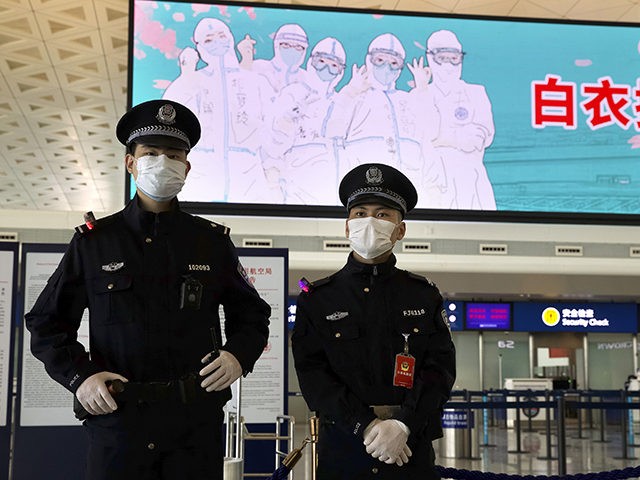Over 200 North Korean refugees are stranded in China on their way to South Korea and need Seoul’s help to escape dangerous living conditions, a former North Korean refugee who now serves as a South Korean legislator told Radio Free Asia (RFA) on Wednesday.
Ji Seong-ho is a lawmaker for South Korea’s right-wing opposition People Power Party. He told RFA that he recently informed the South Korean ambassador to China, Jang Ha-sung, that “there are around 220 North Korean refugees detained in six areas [of China] on the border [with North Korea], including in Dandong, Changbai and Tumen, and because of the coronavirus, the North Korean authorities are not taking them back.”
Ji explained that under South Korea’s North Korean Refugees Protection and Settlement Support Act “South Korean ambassadors in foreign countries have a legal obligation to protect refugees in those countries.”
“South Korean embassies must protect refugees and help them safely secure their freedom,” he said.
“The defectors themselves do not have to request protection; another party may ask for protection on their behalf. So according to South Korean law, the embassy in China should be cooperating with the Chinese government to protect these refugees,” Ji explained.
“I asked Ambassador Jang to work toward ensuring that the detained North Koreans are not sent back to North Korea and are instead brought to South Korea. The Unification Ministry also confirmed that a third party can request the protection of refugees. So, I officially made the request to Ambassador Jang to protect about 220 refugees in China,” Ji told the news agency.
When RFA asked the South Korean lawmaker if the embassy had said it would make an effort to protect the refugees, Ji said, “I received an answer that basically said that.”
Continuing, Ji explained how Chinese border patrol troops routinely arrest North Korean refugees stranded in China “and detain them in these, kind of, foreigners’ prisons. These are the last gateway before they are deported back to North Korea. I made it clearly known to the embassy that these facilities exist, and there are six of them to be exact.”
Himself a North Korean refugee, Ji knows firsthand the perilous journey his former countrymen endure for a chance to escape Pyongyang’s oppressive Communist regime. U.S. President Donald Trump in his State of the Union address in April honored Ji for his remarkable journey to South Korea. Ji ran for office following the event.
“One day he tried to steal coal from a railroad car to barter for a few scraps of food, which were very hard to get. In the process, he passed out on the train tracks, exhausted from hunger,” Trump said in his address, describing Ji’s fight to survive while still in North Korea.
“He woke up as a train ran over his limbs. He then endured multiple amputations without anything to dull the pain or the hurt. His brother and sister gave what little food they had to help him recover and ate dirt, themselves, permanently stunting their own growth,” Trump said, highlighting North Korea’s food plight, which has reportedly worsened during the coronavirus pandemic.
“Later he was tortured by North Korean authorities after returning from a brief visit to China. His tormentors wanted to know if he’d met any Christians. He had and he resolved after that to be free. Seong-ho traveled thousands of miles on crutches all across China and southeast Asia to freedom,” Trump noted. “Today, he lives in Seoul, where he rescues other defectors and broadcasts into North Korea what the regime fears most. The truth.”
Just 48 North Koreans arrived in South Korea to resettle in the third quarter of 2020. This marked a 79 percent decrease from the same time period in 2019, according to RFA. China closed its land borders with North Korea and other countries early this year in response to the coronavirus pandemic. The boundaries remain shut, meaning the number of North Korean refugees who travel into China on their way to South Korea – about 1,000 each year – has significantly dropped. Strict monitoring of the borders by both North Korea and China mean the small number of refugees who have made it into China over the past several months are finding it increasingly difficult to cross into third party countries.

COMMENTS
Please let us know if you're having issues with commenting.